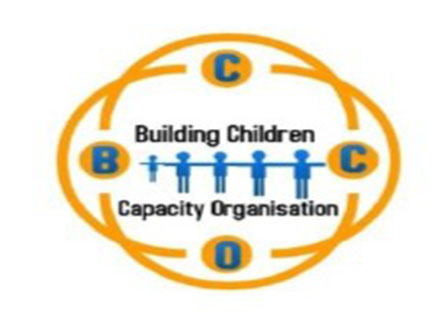
About BCCO Building Children’s Capacity Organization (BCCO) is a Rwandan nonprofit-making organization, legally registered by Law No. 158/05.12 of 17/07/2008. It was created in 2009 by a young group of women and men concerned about the situation of widows, orphans, and other vulnerable women and children after the 1994 genocide that left the social fabric of Rwandan society torn. Since its creation, the organization has been providing assistance in terms of capacity building, education, hygiene, psychological assistance, and advocacy. BCCO is made up of seven members, all of whom are Rwandan nationals. Some members are based in Rwanda, and the organization’s office is located in Gasabo District, Kimironko Sector. Building Children’s Capacity Organization is dedicated to improving the lives of neglected children in remote communities. It focuses on orphans, abandoned children, and families—especially in areas where humanitarian relief seldom reaches. Mission Building Children’s Capacity Organization was founded on the belief that all children are created equal and therefore all children should enjoy their rights: Protection from all forms of discrimination; Access to education; Entitlement to health care and medical services, regardless of income or payment ability; Protection from economic exploitation and work that threatens health and development; Protection from abuse, neglect, and exploitation by parents or others Special care and training for disabled children; Protection from sexual exploitation; Access to an unpolluted environment, free from cigarette smoke and industrial waste; Entitlement to potable water and proper nutrition; Protection from drug trafficking and addictive substances; Protection from the ravages of war and from being forced to bear arms Right to freely express opinions. Vision The overall vision of Building Children’s Capacity Organization is to create conditions for sustainable development by engaging in infrastructure projects with long-term effects and working with indigenous populations and partners. These conditions are such that children, especially those from vulnerable families, should have access to formal education, proper nutrition, clean water, alternative livelihoods, and a healthy environment. Objectives Provide assistance in capacity building, education, hygiene, psychological support, and advocacy. Improve the lives of neglected children in remote communities. Reach children and families in areas often overlooked by humanitarian relief.

